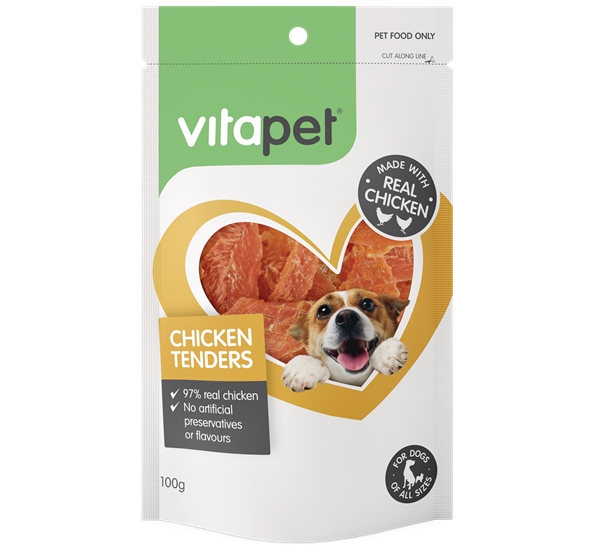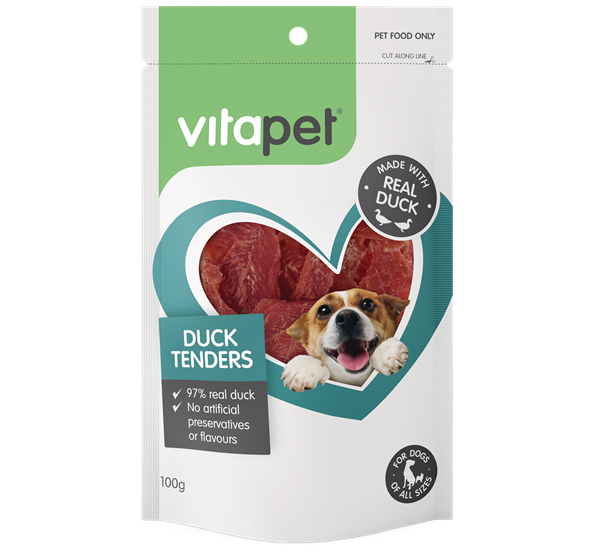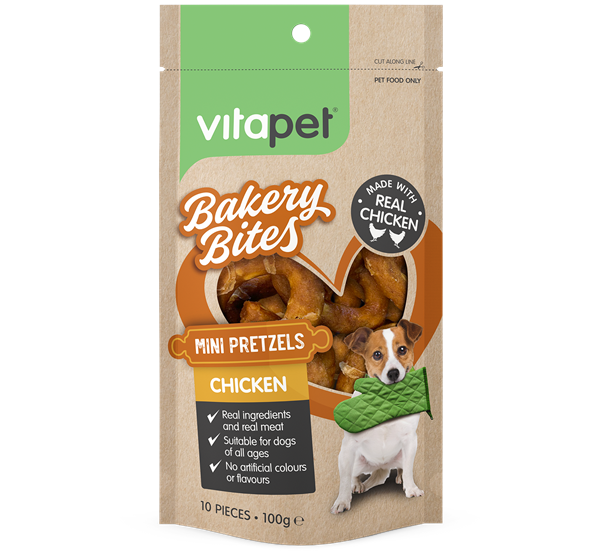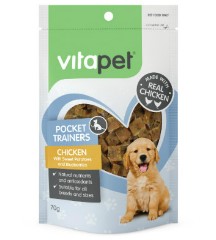Brand-new puppies are full of love and keen to express it. Many do this by licking you, your face, your children. While it is nice to feel so loved, puppies can bring some parasites with them from their previous home. As some worms can be transferred to family members, including children, it is essential - for both their health and yours - to start them off on a preventative worming schedule from the start.
What worms are puppies susceptible too?
In Australia, puppies are susceptible to intestinal worms, including roundworm, hookworm, whipworm and tapeworm, and also to heartworm.
Unlike intestinal worms which live in your puppy's intestines, heartworms live in a dog's heart.
Why are puppies prone to worm infections?
Puppies are incredibly susceptible to worms. They can pick up worms from their mother's milk, from other adult dogs at the breeder's or rescue shelter, and also through their constant desire to investigate, sniff at or eat most things they come across. Grooming and swallowing fleas carrying the infective stage of tapeworms can also lead to infection.
Symptoms of worms in puppies
Symptoms of intestinal worms in puppies include loss of appetite, diarrhoea or ill-formed stools, vomiting, poor growth, dull coat, or scooting (dragging their bottom across the ground). In heavy infections, puppies can sometimes appear 'pot-bellied'. The good news is that common worms are easily controllable with a reliable worming schedule.
Treatment of worms in puppies
Worming your puppy from the day you get it is a good idea. This will help keep them, your house, and your family all healthy. Check with the breeder or rescue centre for how often they wormed your puppy, including when the last dose was, and continue that schedule.
-
Puppies should be wormed every 2 weeks, from birth until 12 weeks of age.
-
Then every 3 months.
We suggest choosing an 'all wormer' which will cover for all intestinal worms and tapeworms.
You can also ask your vet for advice about worming brands and schedules - there are tablets, spot-ons and collars all designed to help.
If you need assistance, your vet can also help show you the best way to give your puppy a tablet. For example, hiding a tablet within a puppy treat.
Impact of not treating your puppy properly for worms
Poor growth, intestinal upsets, and potential to infect human family members are all good reasons to treat regularly for intestinal worms.
It is important to realise that worming treatments do not prevent worms; they only kill worms.
So it's essential to deworm regularly.
Ongoing worm prevention for puppies and adult dogs
Because they can inherit worms from their mothers, worming treatment in puppies should be started early. Puppies should be wormed every two weeks until twelve weeks of age, then monthly until six months of age. It's almost as important as puppy vaccination.
Once they have reached six months of age, a puppy can transfer onto an 'adult' worming schedule. All adult dogs need to be wormed every three months for effective protection.
For peace of mind when it comes to worms, it is always useful to understand how often and when you need to be worming your puppy.
That way, you can ensure you are protecting their, and your, continued good health. Always ask your veterinary health team for advice if you have concerns for your pet.
























